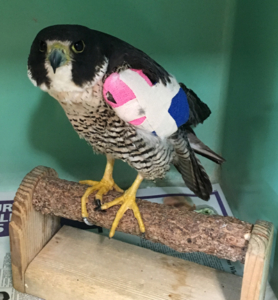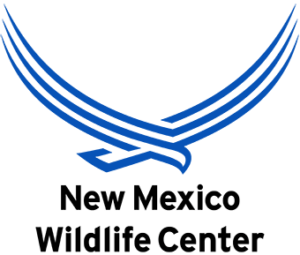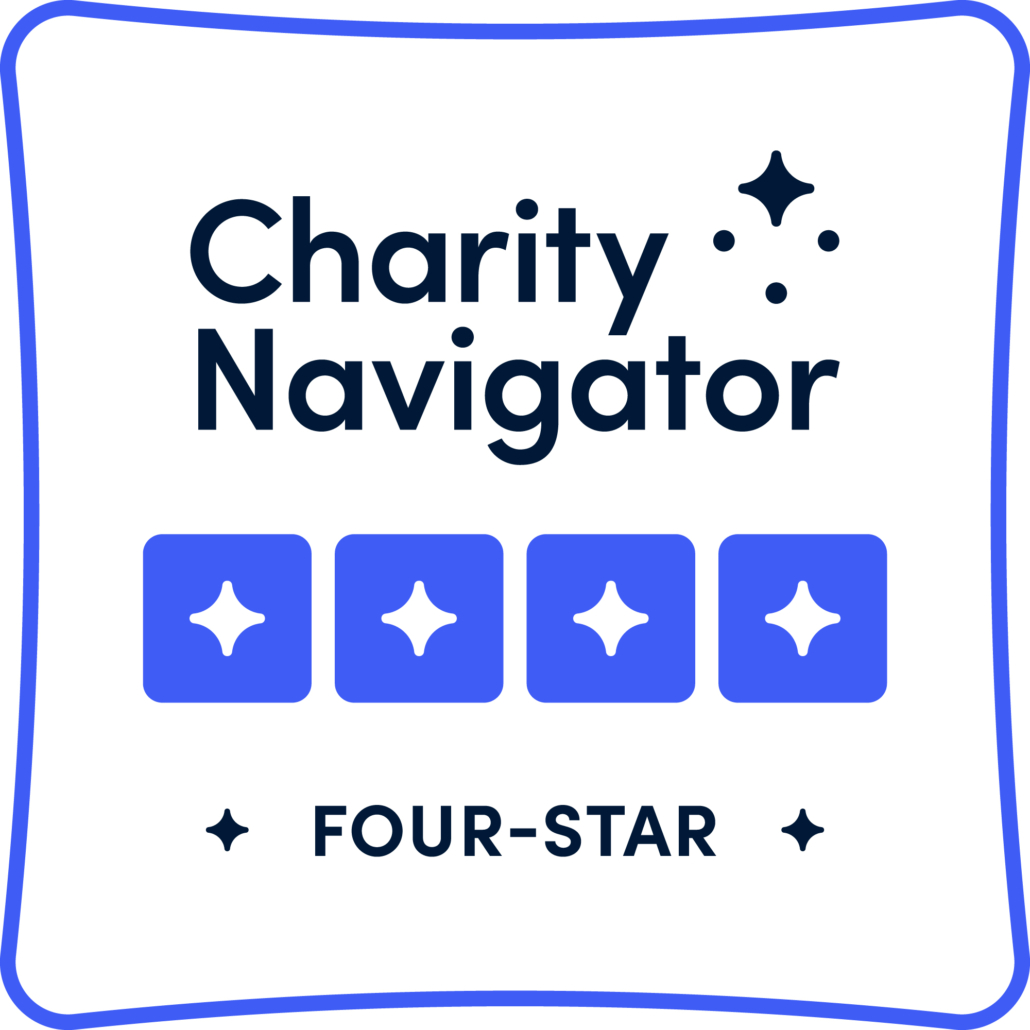If you cannot find the answer you need on this site, please call New Mexico Wildlife Center for further  assistance, 505-753-9505. Our team is happy to advise you and we are available between 9:00am and 4:00pm, seven days a week. If it is after hours, please leave a message and we will get back to you as soon as possible.
assistance, 505-753-9505. Our team is happy to advise you and we are available between 9:00am and 4:00pm, seven days a week. If it is after hours, please leave a message and we will get back to you as soon as possible.
Is it injured?
Sick and injured wildlife need assistance from licensed wildlife rehabilitators and/or veterinarians. Please do not attempt to care for or rehabilitate wildlife on your own. Please call New Mexico Wildlife Center for advice on the best way to help these animals. You may see an injured animal that is lying on its side, have broken limbs, or other wounds. Learn more about how to safely help sick and injured wildlife.
Is it an Orphan?
Many young animals seen alone are not in need of being “rescued” by humans. Oftentimes these young animals are still receiving care from their parents, or may even be old enough to survive on their own! For example, some mammals, such as rabbits and deer, regularly keep a distance from their young to avoid drawing attention to their location. We encourage those who care about wildlife to call us at New Mexico Wildlife Center (505-753-9505) before attempting to intervene. Learn more about assessing whether a young animal needs help.
Are you concerned about a snake?
Before touching or interacting with a snake, it’s important to determine whether or not it is venomous. Please give us a call if you are concerned about the presence of a rattlesnake in your home. Learn more here.
Please do not Try to Save One Wild Animal from Another
We encourage everyone to respect nature and ask you not to interfere in natural predator/prey interactions. Hawks eat rabbits and birds, snakes eat mice, and raccoons eat baby birds and eggs. These relationships are necessary for a balanced ecosystem.
Never Put Human Safety at Risk
Never handle a wild animal with bare hands. Wearing gloves or other protective equipment will help protect you from disease, parasites, and injury. Wild animals will defend themselves when approached, regardless of your good intentions.
Do not give the animal food or water.
It is very easy to accidentally do more damage by feeding the wrong diet, giving food or water with incorrect techniques, or following wrong information that is unfortunately very common on the internet. It is safer to resist the urge to offer food or water and bring the animal to NMWC as soon as you can.
Do not cuddle, pet, or talk to the animal.
Think about how large and unpredictable a human is from a wild animal’s perspective! Even though we might have good intentions, wild animals perceive us as predators and are afraid of us. Wild animals are not calmed or soothed by human voices or touching; they might freeze in fear or injure themselves in an attempt to get away from us. The extreme stress caused by cuddling or talking can even be fatal to the animal. Place the injured or orphaned animal in a closed box or carrier, cover the carrier to keep it dark inside, and keep the carrier or box closed and dark until you can get the animal to NMWC.
If you live Outside of New Mexico
The following organizations have a list of licensed wildlife rehabilitators by state:
- National Wildlife Rehabilitators Association: www.nwrawildlife.org
- International Wildlife Rehabilitation Council: www.iwrc-online.org
- Animal Help Now: https://ahnow.org




